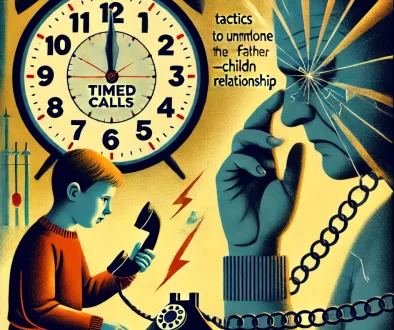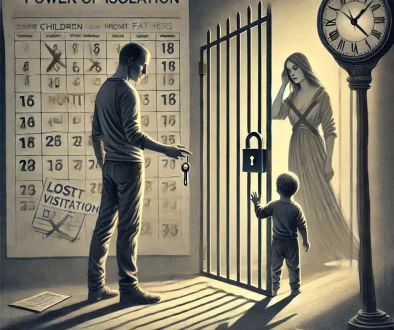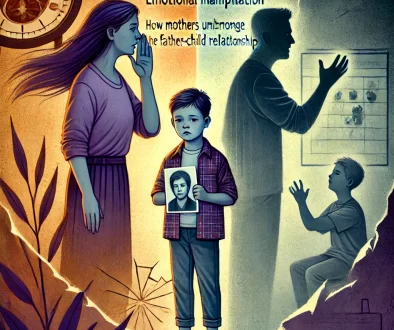Navigating Cultural Perspectives in Parental Alienation: Recognizing Diversity in Family Dynamics
In the complex landscape of parental alienation, one aspect often overlooked is the profound influence of cultural and societal factors on how it is perceived, addressed, and ultimately resolved. Across different cultural contexts, attitudes toward family dynamics, parental roles, and legal proceedings vary significantly, shaping the way parental alienation is understood and managed. It’s essential to recognize and navigate these cultural differences sensitively, ensuring that interventions are tailored to the unique needs and values of diverse communities.
Cultural Perspectives on Parental Roles: In many cultures, traditional gender roles and family structures play a significant role in shaping parental roles and expectations. These cultural norms can influence perceptions of parental alienation, with implications for how mothers and fathers are viewed in custody disputes. In some cultures, mothers may be expected to assume primary caregiving responsibilities, leading to assumptions of maternal preference in custody decisions. Conversely, in patriarchal societies, fathers may face challenges in asserting their parental rights and combating allegations of alienation.
Impact on Family Dynamics: Cultural values and beliefs surrounding family cohesion, hierarchy, and authority also influence family dynamics and interactions. In cultures that prioritize collectivism and filial piety, children may feel a strong sense of duty and loyalty to their parents, making them particularly vulnerable to alienating behaviors. Conversely, in individualistic cultures, emphasis on personal autonomy and independence may mitigate the impact of parental alienation, as children may be more inclined to assert their own agency and resist manipulation.
Legal and Judicial Perspectives: The legal framework surrounding parental alienation varies widely across different jurisdictions, reflecting cultural attitudes toward family relationships, parental rights, and children’s welfare. In some cultures, the emphasis may be on preserving family harmony and avoiding conflict, leading to informal mediation and reconciliation efforts. In others, the focus may be on legal enforcement and punitive measures to deter alienating behaviors and protect children’s rights.
Challenges and Considerations: Navigating cultural differences in parental alienation cases poses unique challenges for parents, legal professionals, and mental health practitioners alike. Misunderstandings and misinterpretations may arise due to cultural nuances and communication barriers, potentially exacerbating tensions and complicating resolution efforts. It’s crucial for all stakeholders to approach these cases with cultural humility, sensitivity, and an open-minded willingness to learn and adapt to diverse perspectives.
Promoting Cultural Competence and Equity: As awareness of cultural diversity in parental alienation cases grows, efforts to promote cultural competence and equity in legal and mental health interventions become increasingly important. This includes training for professionals on cultural sensitivity, collaboration with community leaders and advocates, and the development of culturally responsive resources and support services. By embracing cultural diversity and recognizing the impact of cultural factors on family dynamics, we can foster more inclusive and effective approaches to addressing parental alienation worldwide.
In conclusion, cultural differences significantly influence how parental alienation is perceived, addressed, and experienced across diverse communities. By acknowledging and respecting these cultural nuances, we can better understand the complexities of family dynamics, advocate for equitable treatment, and work towards more effective interventions that honor the diverse needs and values of families around the world.
I’m Randy Morano—a father, author, and staunch advocate for parental alienation awareness. My journey through the depths of parental alienation has transformed me into a passionate advocate, dedicated to shedding light on this overlooked form of emotional abuse.
As a survivor, I understand the profound impact of parental alienation firsthand. Through my writing and advocacy efforts, I aim to raise awareness, empower others, and provide support to families in need. Join me in the fight for change and hope.



